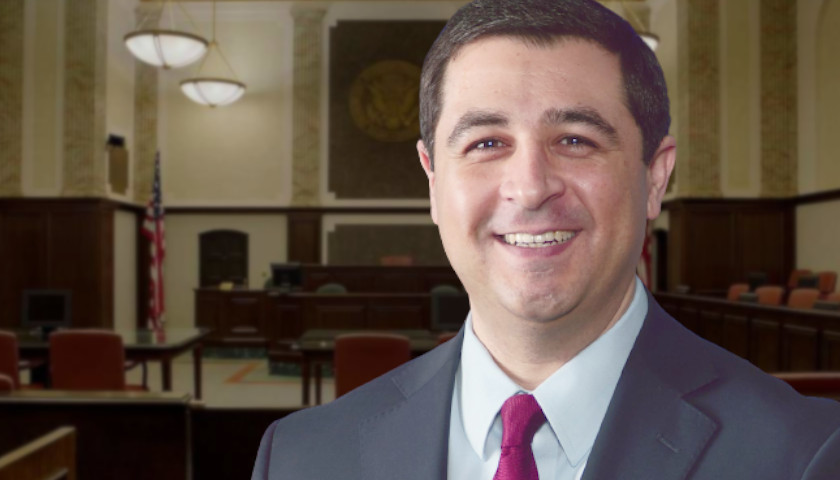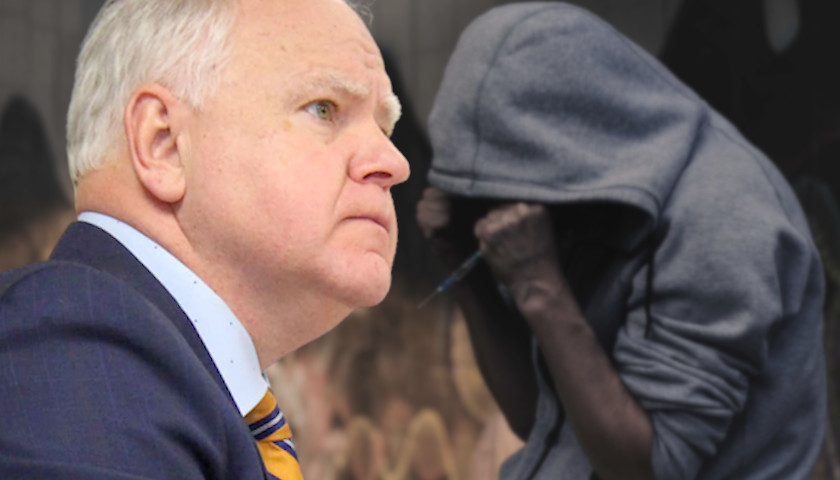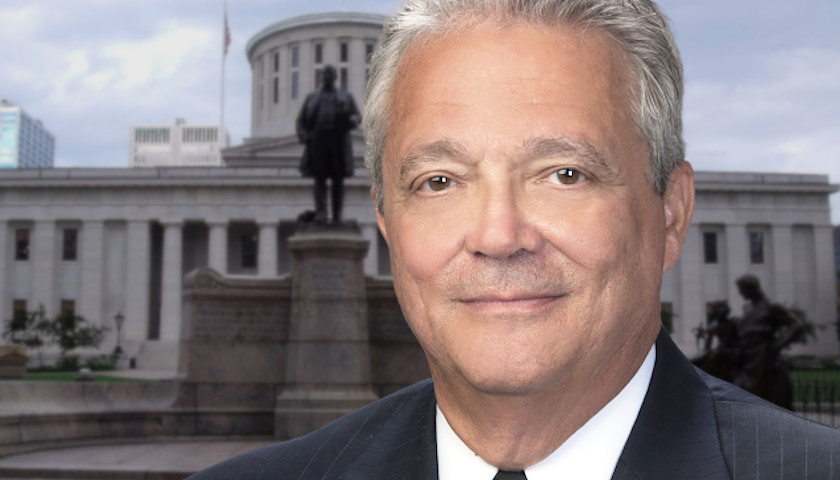With medicinal marijuana sales imminent in the Buckeye state, the Ohio State Medical Board is currently considering a slew of additional medical conditions for medicinal marijuana treatment. Currently, 21 conditions are approved for the controversial treatment. A number of the conditions cover a wide swathe of ailments. For example, cancer is an approved condition but it does not specify which of the more than 100 known forms of cancer that occur in humans are covered and which aren’t, so, presumably, all of them could be. It would ultimately be at the mercy of the prescribing doctor, though any doctor found overprescribing could be fined, lose their medical license, and even face jail time. Per Ohio Administrative Code 4731-32-05, every year the state is required to give citizens the opportunity to submit petitions for new conditions to be approved for marijuana treatment. Thus far, the Ohio State Medical Board has received 110 petitions. Forty-four of these documents were asking treaments that are already included in the Code. Fifty-four did not meet the final requirements or number of signatures but may be resubmitted. Among the new conditions being considered are anxiety, depression, and insomnia. Per a recent medical study, there is very little research on the…
Read the full story

















